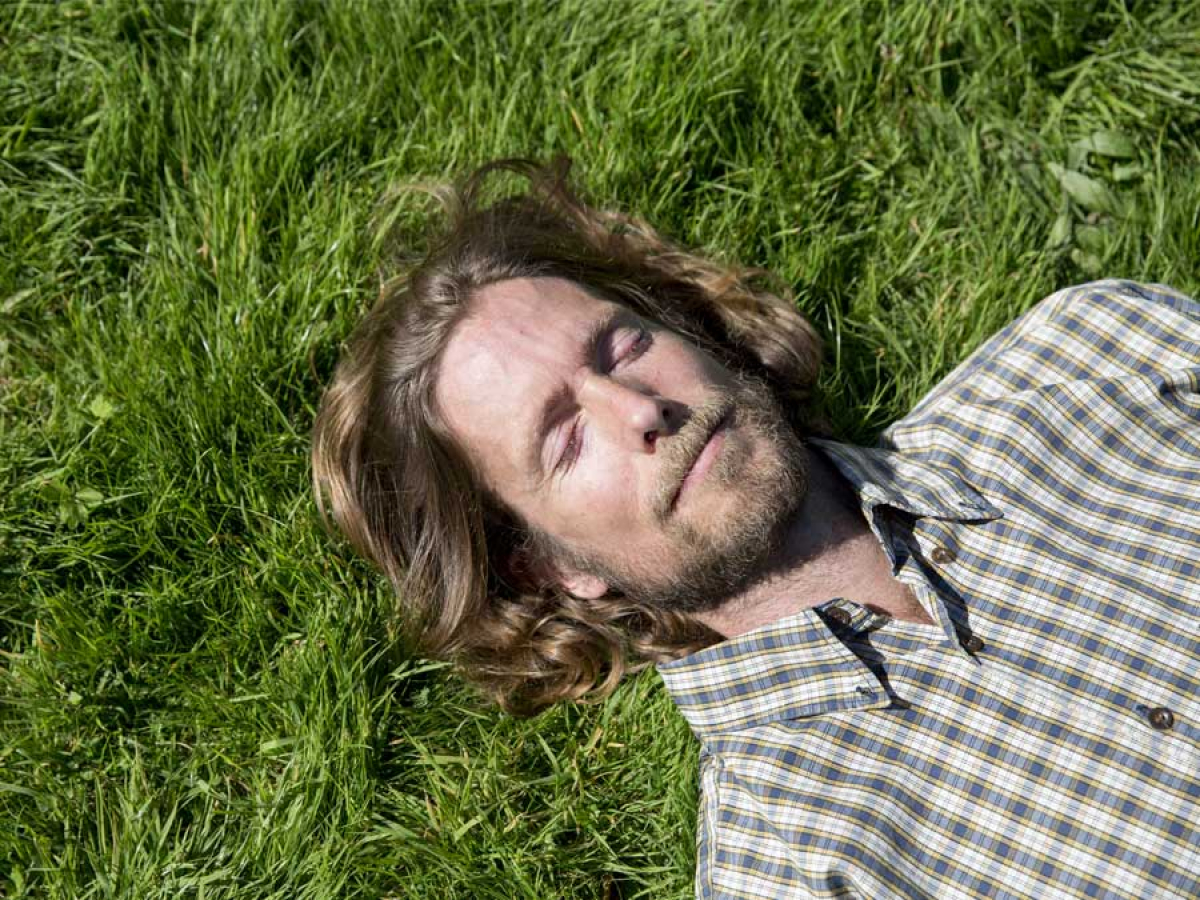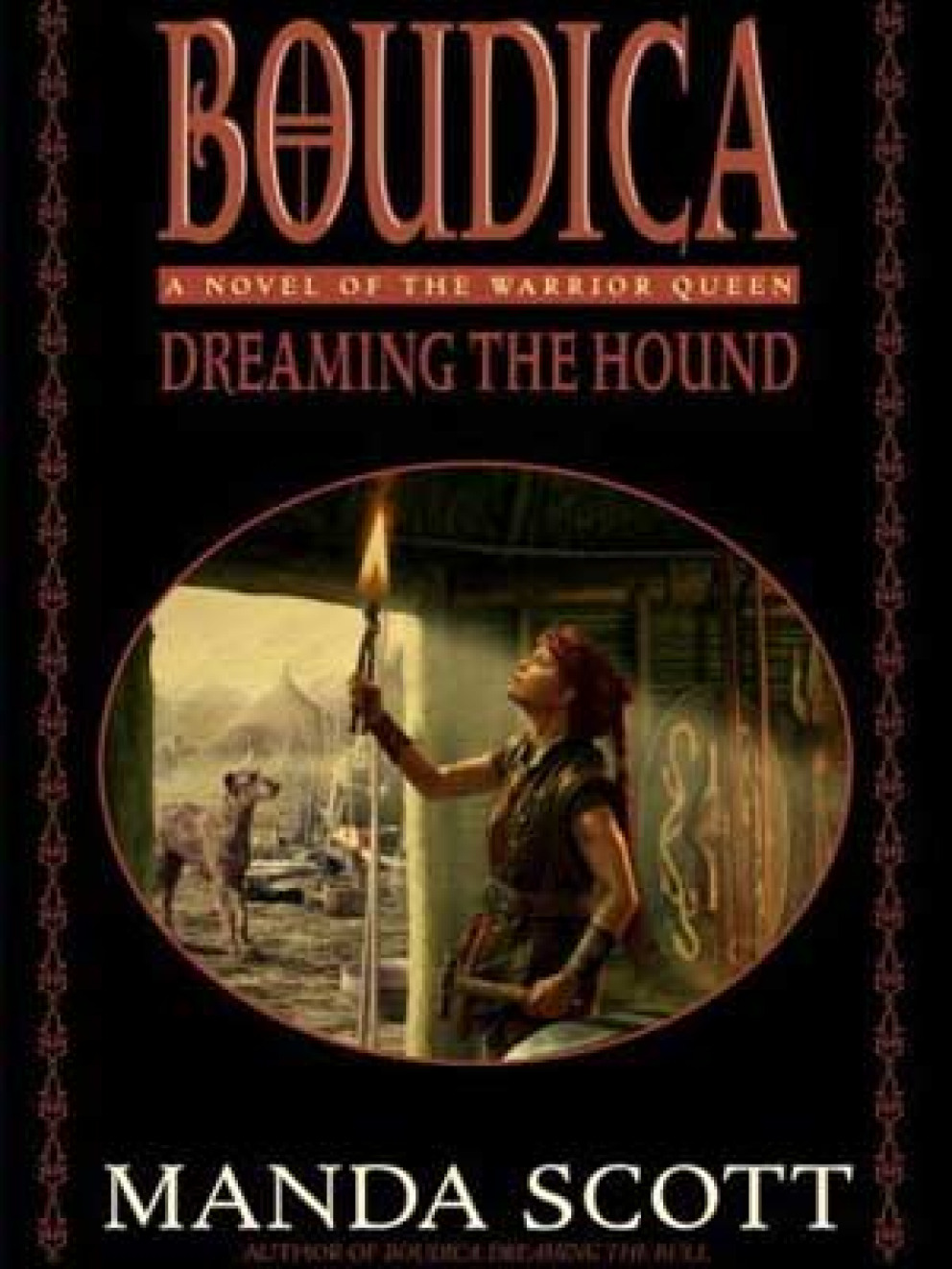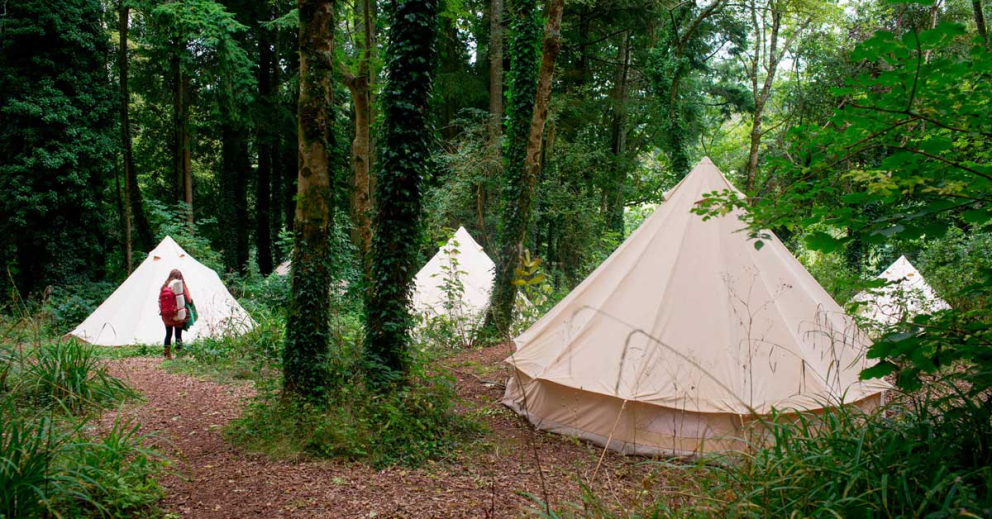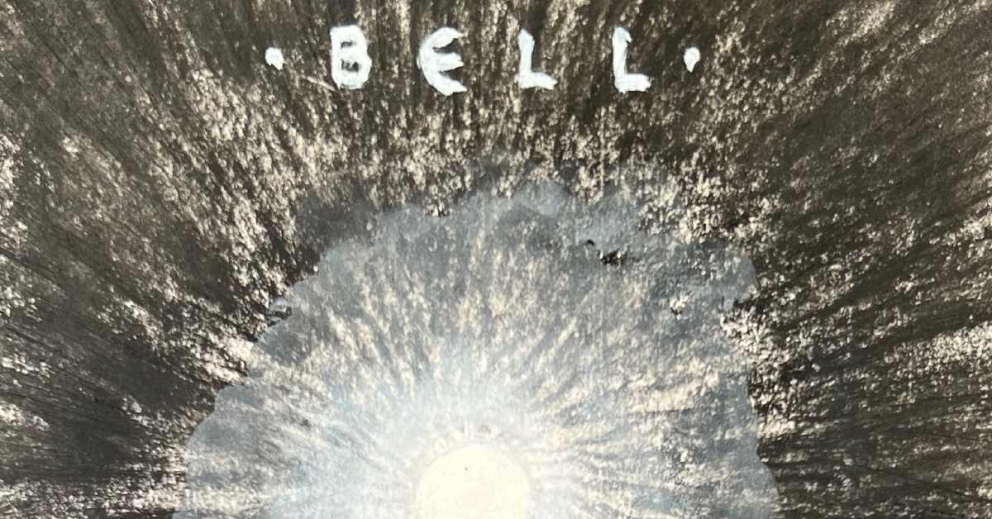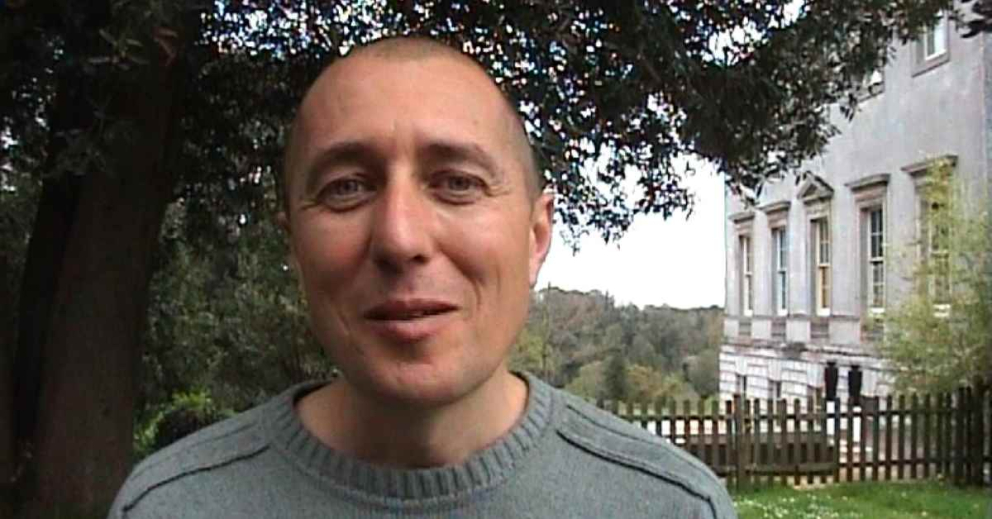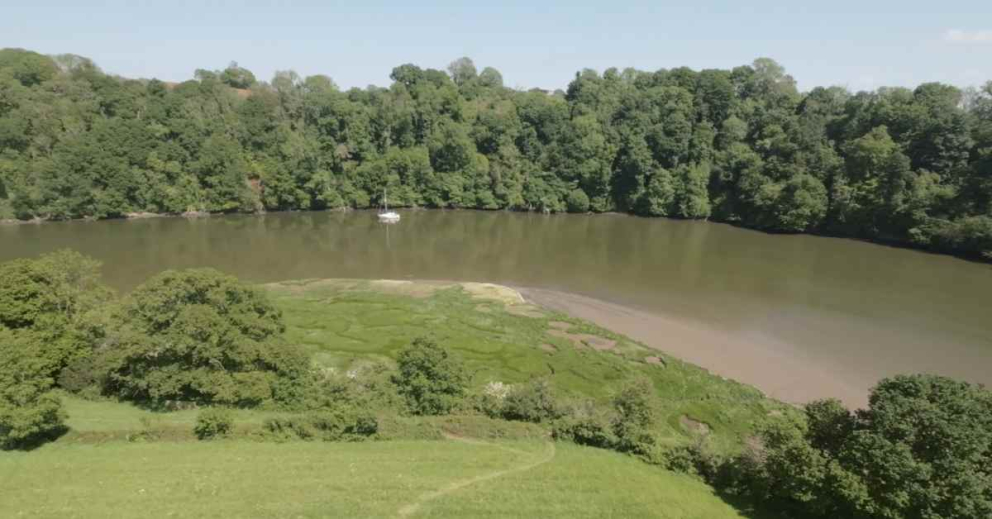With Kindly Curiosity: Ollie Frame

He teaches the 8-week course in various settings, including to the general public, to teachers and students in schools and colleges, and to various other client groups on behalf of Devon County Council.
Also trained to teach the Mindfulness-Based Compassionate Living (MBCL) course, Ollie is especially enthusiastic about self-compassion, Metta meditation and other heart-based approaches within the world of mindfulness. As an integrative therapist, Ollie has a particular interest in psychosynthesis, depth psychology, inner journeying and the therapeutic use of meditation and the imagination.





